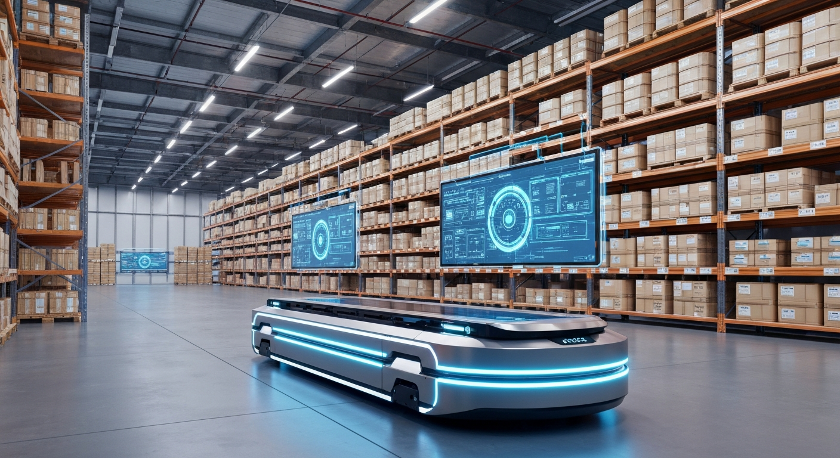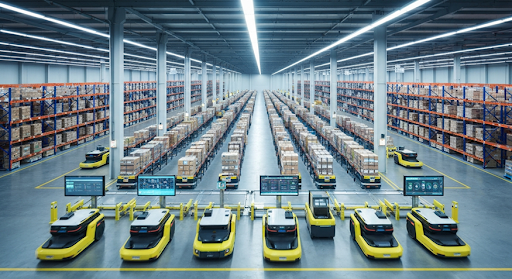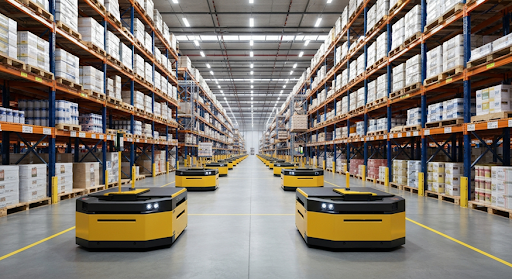Automation
Office Automation - involves the use of computers and software to digitize, archive, process and communicate most of the routine activities and processes in a standard office. Business process automation is the use of technology to perform repetitive tasks or processes in a business that can replace manual work. Process automation improves workflows, typically in factories and other settings where the same action or series of actions is repeated over and over again. The introduction of automation technologies, automation platforms, automation solutions, automation software, methods and processes improves the efficiency, reliability and/or speed of many activities previously performed by humans.
Computer automation is the process of creating software and systems to replace repetitive processes and reduce human intervention. IT automation is the use of instructions to create repetitive processes that replace the manual work of IT professionals in data center and cloud deployments. IT automation, sometimes called infrastructure automation, is the use of software to create repetitive instructions and processes to replace or reduce human interaction with IT systems. Industrial automation using intelligent automation refers to computerized systems in manufacturing that control various processes and equipment without human intervention. Integrated automation implies the complete automation of manufacturing plants, since it is completely controlled by computers and control processes with minimal human involvement. Integrated automation, like flexible automation, is compatible with both batch production and continuous process technology.
For example, most manufacturing plants use some sort of automated process in the form of robotic assembly lines. This type of automation is typically used in batch processes and workshops with a wide variety of products and low to medium volume of work, such as in the textile industry. Common processes that need to be automated include invoicing, sales orders, book reconciliation, data entry, system inquiries, payroll, employee or supplier entry, or employee termination. Business process automation can help increase accountability, transparency, and ensure that data is accurately recorded and can be accessed by relevant stakeholders when needed. All business processes, such as human resource management and customer service departments, are subject to automation, especially as technology becomes more sophisticated. Automation technology is a technology that allows processes to be carried out without human intervention.
Factory automation includes a very wide range of technologies, including robotic process and expert systems, telemetry and communications, electro-optics, cybersecurity, process measurement and control, sensors, wireless applications, system integration, control measurements, and much, much more. Automation flows through all functions of the industry, from installation, integration and maintenance to engineering, procurement and management. Automation covers many vital elements, systems and work functions. Automation includes the use of various control systems to operate equipment such as machines, factory processes, thermal boilers and furnaces, ignition of telephone networks, control and stabilization of ships, aircraft and other applications and vehicles with reduced human intervention.
Traditional process automation systems includes the use of machines to improve productivity, perform tasks, software, storage and data systems, and integration tasks. By automating repetitive and manual business processes, IT operations leaders can significantly improve reliability by eliminating repetition. Automation experts Townes says automating these repetitive business processes frees up people to do less mundane or more important tasks than machines and software. Because reprogramming systems takes time and money, agile automation is often used to limit the variety of products or processes to make it easier to replace equipment.



